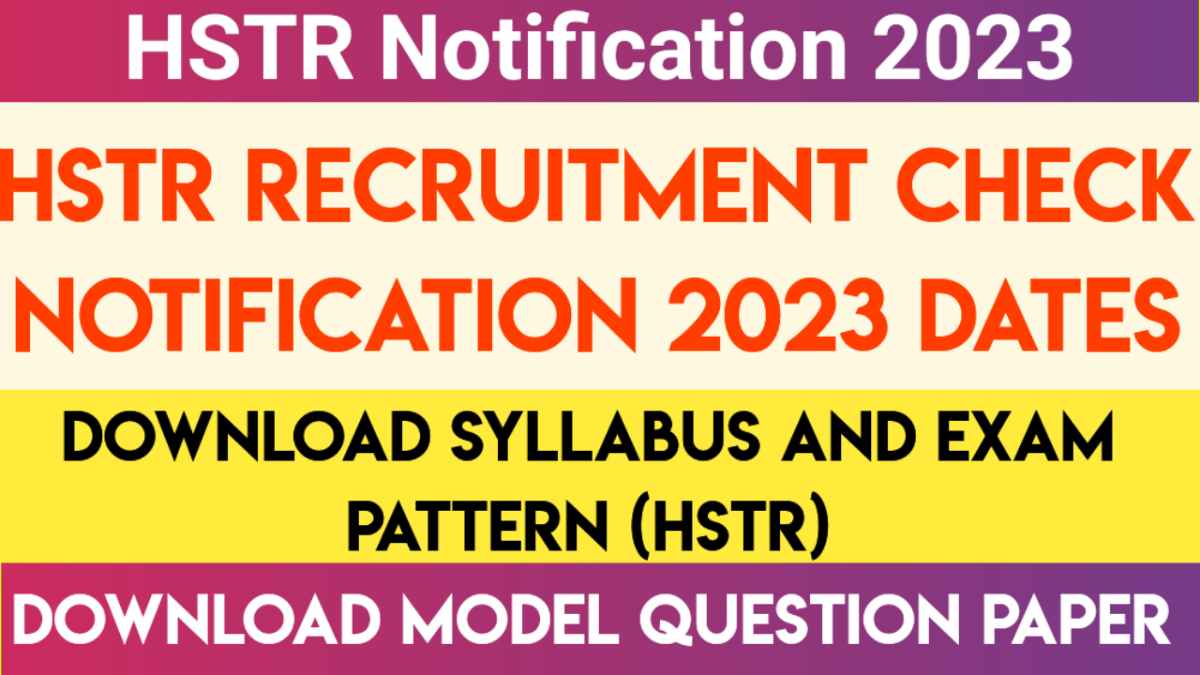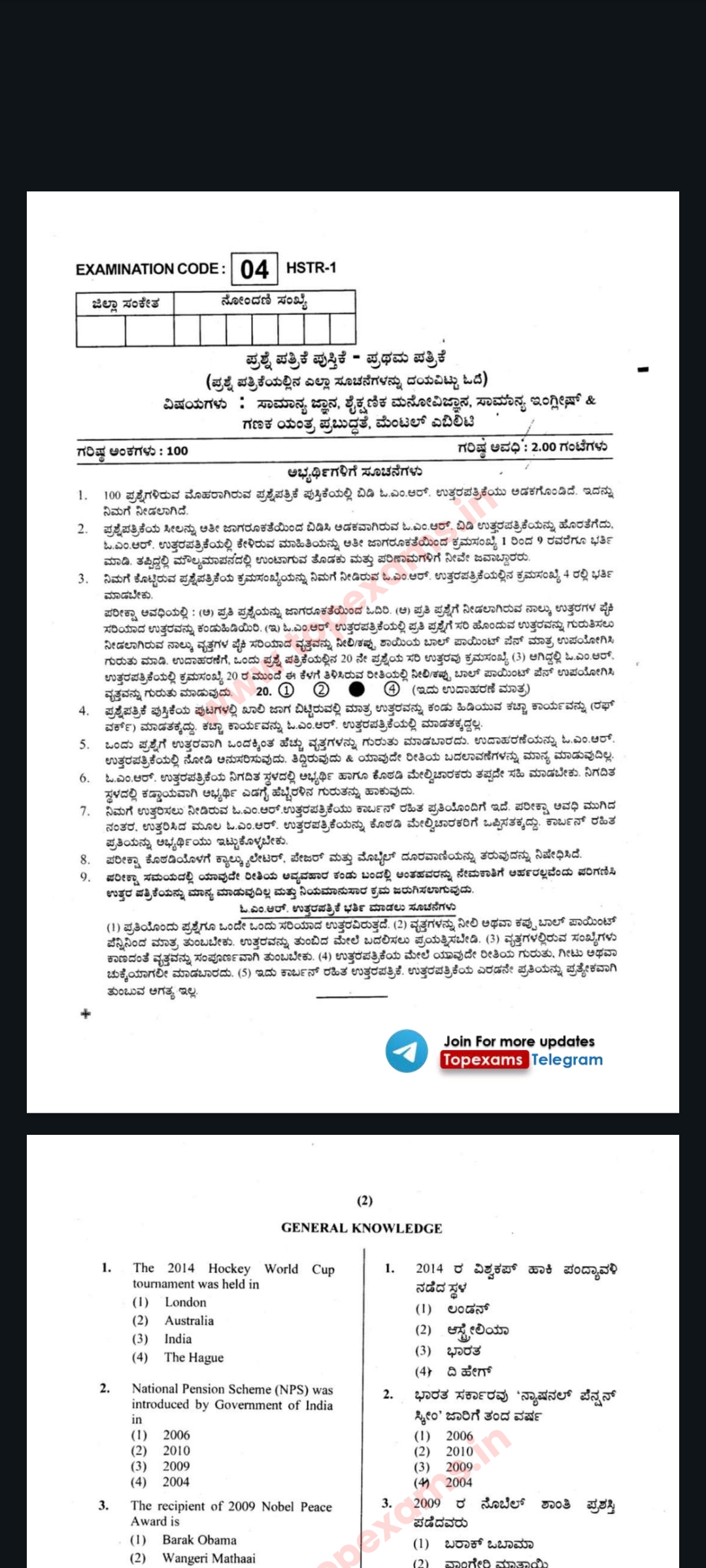Creating a psychology syllabus for a high school history (HSTR) course involves designing a curriculum that introduces students to fundamental psychological concepts, theories, and research. Below is a general outline for a high school psychology syllabus. Adjustments can be made based on the specific curriculum, standards, and textbooks used in your school or district:
Course Title: High School History – Psychology (HSTR PSYCHOLOGY)
Course Overview: This course explores the key principles and concepts of psychology, providing students with an understanding of the human mind and behavior. Emphasis will be placed on critical thinking, application of psychological theories, and the development of research and analytical skills.
Units of Study:
- Introduction to Psychology
- Defining psychology and its various subfields
- Historical perspectives in psychology
- Research Methods in Psychology
- Understanding the scientific method in psychology
- Conducting psychological research and experiments
- Biological Bases of Behavior
- Exploring the structure and function of the nervous system
- Examining the influence of genetics on behavior
- Developmental Psychology
- Studying the stages of human development from infancy to old age
- Analyzing the nature vs. nurture debate
- Cognitive Psychology
- Exploring mental processes, memory, and problem-solving
- Understanding cognitive development and intelligence
- Social Psychology
- Investigating how individuals are influenced by others
- Examining topics such as conformity, obedience, and prejudice
- Personality Theories
- Studying major theories of personality (e.g., psychodynamic, humanistic, trait theories)
- Analyzing personality assessment tools
- Psychological Disorders and Treatment
- Identifying and understanding various psychological disorders
- Exploring therapeutic approaches and interventions
- Stress and Health Psychology
- Examining the relationship between stress, behavior, and health
- Exploring coping mechanisms and stress management
- Applied Psychology
- Applying psychological principles to real-world situations (e.g., industrial-organizational psychology, sports psychology)
- Exploring career opportunities in psychology
Assessment: Assessment methods may include a combination of the following:
- Exams and quizzes
- Research papers and projects
- Class participation and discussions
- Oral presentations
- Applied projects demonstrating the practical application of psychological concepts
Textbook: Select a high school-appropriate psychology textbook that aligns with the curriculum and standards set by your school or district.
This outline provides a foundation for structuring a high school psychology course, but it’s important to tailor it to the specific needs and requirements of your educational institution. Additionally, consider incorporating multimedia resources, guest speakers, and interactive activities to enhance student engagement and understanding.


